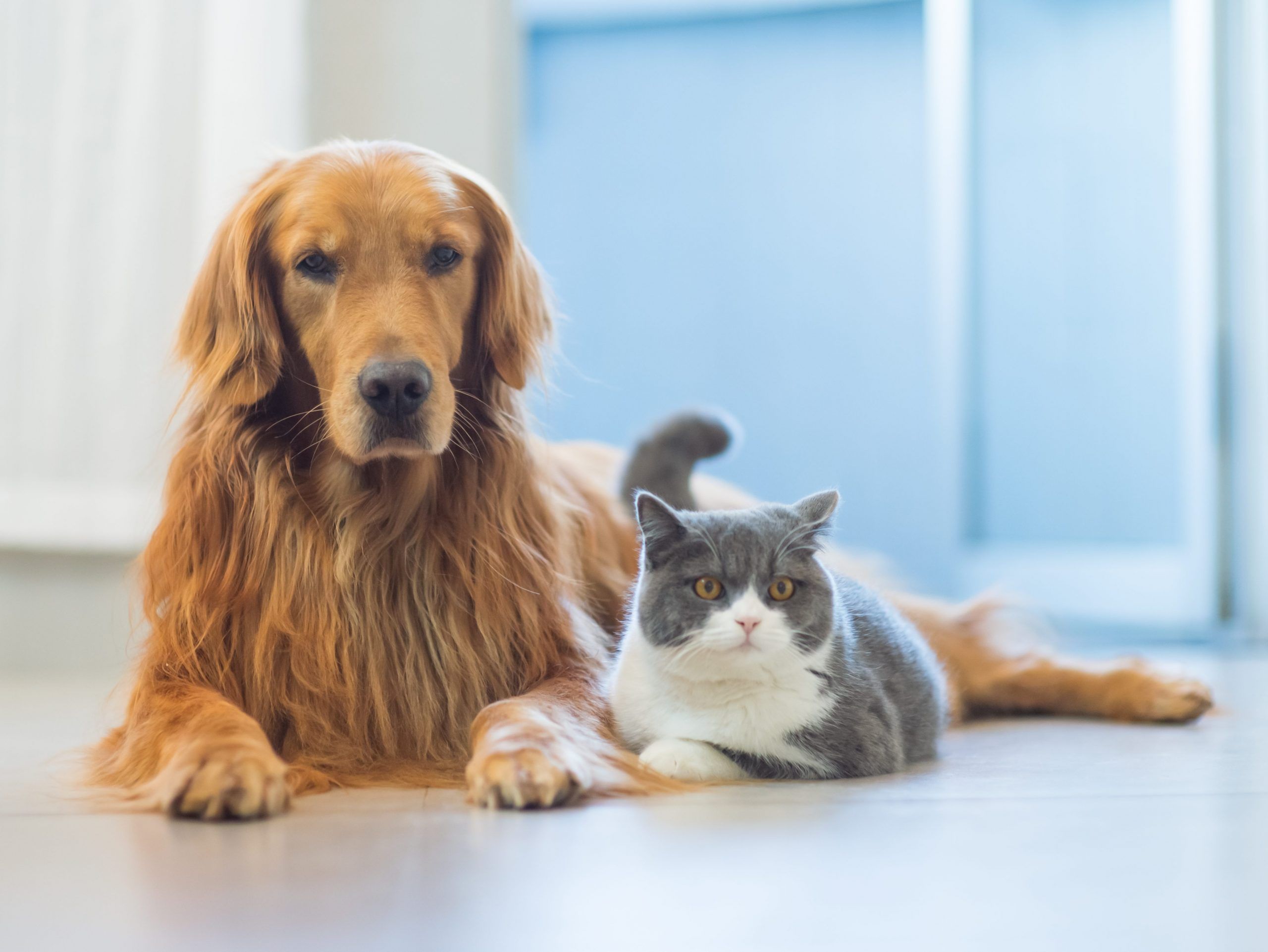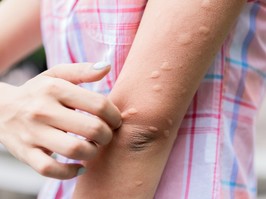my dog mugsy recently discovered vanilla ice cream. he’s great about not begging for food from the dinner table, but anything left unattended on a low surface? well, that’s fair game in his mind.i walked into the room to find mugsy face-deep in the bowl, furiously licking as if it would be his last meal. and who can blame him? a delicious, cold, creamy treat on a hot day hits the spot. and while ice cream is not the worst thing your dog can eat, it is filled with sugar, which isn’t good for their weight or teeth.here are some other human foods that you should avoid giving your dog:
chocolate while delicious for you and i, chocolate is
toxic for dogs. chocolate contains two stimulants — caffeine and theobromine — that can make a canine’s heart rate and blood pressure skyrocket. theobromine can also cause kidney failure in dogs. the darker the chocolate, the more theobromine it contains meaning white chocolate is the least dangerous and dry cocoa powder or baking chocolate are extremely dangerous.
grapes grapes are a big
no-no for dogs. while
many fruits are perfectly fine as a treat, grapes contain an unknown toxin that can cause kidney failure if their symptoms go untreated. symptoms can include decreased appetite, lethargy or weakness, vomiting and/or diarrhea within a few hours of ingestion and tenderness in abdomen. call a veterinarian immediately if you suspect your dog has ingested grapes. raisins count too.
onions and garlic anything that is part of the allium family is bad for dogs. that includes onions and garlic, as well as chives, leeks and shallots. all parts of these plants contain a toxic substance called n-propyl disulfide that damage your dog’s red blood cells, leading to anemia. according to the
american kennel club, the dangerous effects of onions and garlic are more pronounced in powders than fresh versions, and it takes about 100 grams of onion per 20 kilos of dog to produce toxic effects.
avocados another tasty, healthy human food that can be a
problem for dogs are avocados. the green fruit contains a substance called persin, a fungicidal toxin, that is harmful to many animals. most of the persin in the avocado plant is located in the skin and leaves, but the flesh is still potentially poisonous for dogs, and can cause vomiting, diarrhea, and myocardial damage in large amounts.
macadamia nuts macadamia nuts a great snack for people, but, once again, not for dogs. part of the protaceae family, macadamia nuts are one of the more
toxic foods for dogs as they can affect a dog’s nervous system. ingesting macadamia nuts can lead to vomiting, increased body temperature, inability to walk, and lethargy. the harmful substance in these nuts is not known, but you should keep them away from your four-legged friend.
artificial sweetener (xylitol) xylitol is
extremely harmful to dogs. found in candy, gum and many other foods, xylitol causes a rapid release of insulin in dogs (not in humans), leading to hypoglycemia (low blood sugar), seizures and liver failure. blood clotting is also a risk if ingested.
almonds while not toxic like macadamia nuts, almonds are
can cause an upset stomach and, in more sensitive dogs, more serious gastrointestinal problems. almonds are also a choking hazard for dogs who don’t always chew their food properly. these nuts are best avoided — especially when covered in salt, chocolate or other sweet substances.
corn on the cob while corn is a common filler in many dog foods, corn on the cob is a different story. the cob is not easily digested for dogs and can cause intestinal blockages that can be fatal. if you’re going to give your dog some corn, make sure you scrape it off the cob first.
at the risk of stating the obvious here, dogs love to chew on bones. but you have to make sure it is a raw bone. there may be a temptation to give your dog the leftover bone from a beautiful t-bone steak, but cooked bones can splinter and become a choking hazard or
cause a perforation of the stomach, which can be fatal.
alcohol another obvious one — it’s never a good idea to give your dog alcohol. while it affects dogs and humans in similar ways, the effects are
far more impactful in dogs. they become intoxicated just like us, but booze can also affect their central nervous systems — leading to coma or death depending on the amount of alcohol and the size of the dog.if this seems like a long list, don’t despair, there are a lot of people
foods that are safe for your furry friend in moderation, including bananas, broccoli, eggs and white rice.
nick beare is a writer for healthing.ca.
 3 minute read
3 minute read







